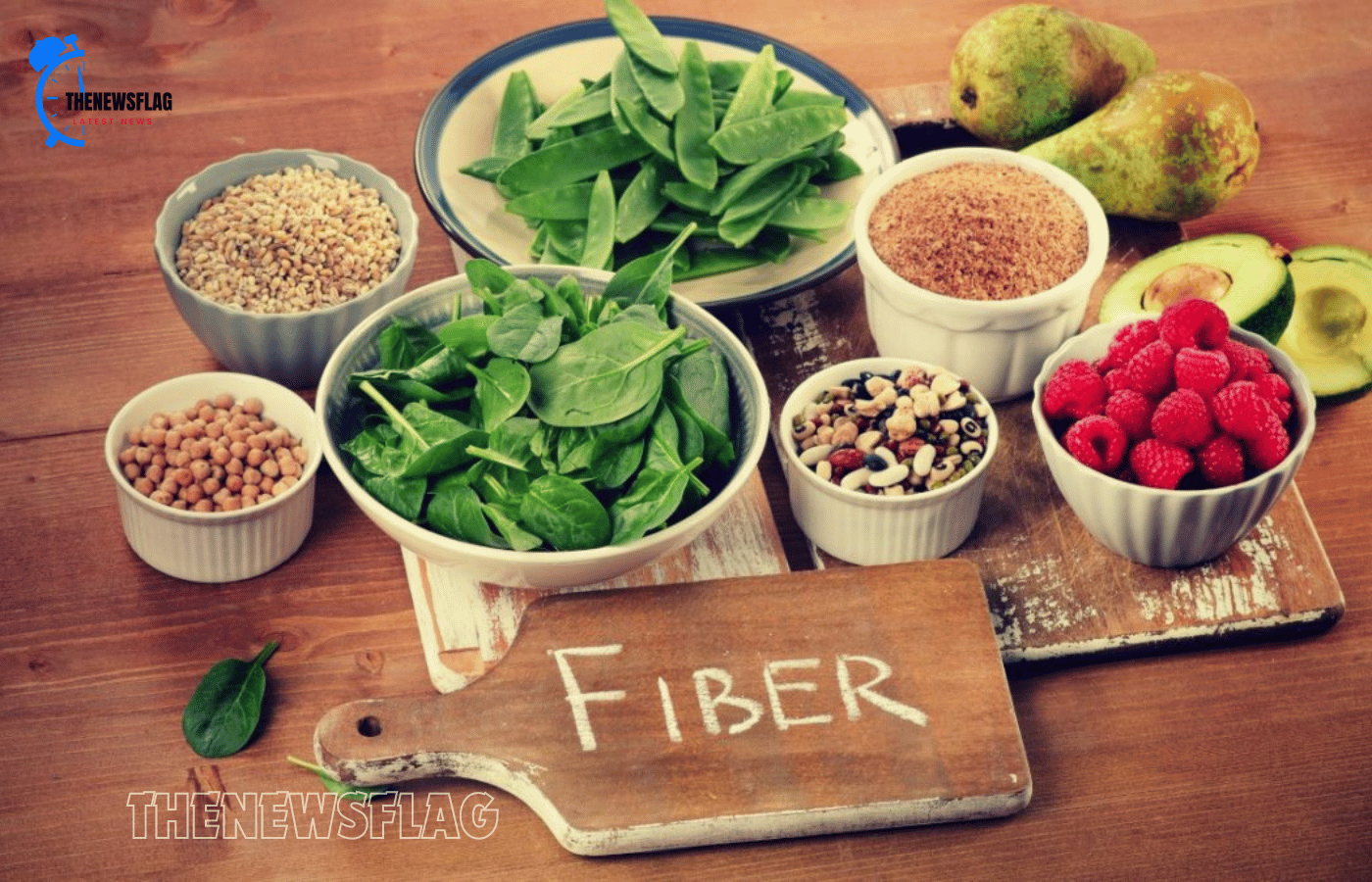- Adults over 60 who took a daily prebiotic fiber supplement for 12 weeks performed better on a memory test compared to those who didn’t.
- The results don’t show that the supplements definitely improve cognition or can prevent cognitive diseases.
- The findings haven’t been replicated in younger people.
Taking a daily fiber supplement could boost cognitive function in older adults, according to new research.
The study, published in the journal Nature Communications, found that people over age 60 who took prebiotic fiber supplements for 12 weeks showed a “significant improvement” in memory and thinking tests compared with those who didn’t.1
The study was small—only 72 people (36 sets of twins) were included—and it doesn’t prove that fiber can improve cognition, said Amy Reichelt, PhD, a nutrition and neuroscience researcher from the University of Adelaide in South Australia, who wasn’t involved in the new research. But it does show a link.
“The study shows an association between the fiber supplement [and better cognition] rather than a direct causal effect,” Reichelt told Health.
While the results are “fascinating,” said Thomas R. Vidic, MD, a fellow of the American Academy of Neurology who practices in Elkhart, Indiana, he noted that the medical community can’t make any sweeping conclusions based on the research.
“The gut-brain connection is just starting to be evaluated,” he told Health. “We are just in the infancy of this knowledge.”
Testing How Fiber Affects Memory
Researchers set out to understand whether potential changes in the gut microbiome resulting from fiber supplements would enhance cognition and muscle function.
To do this, one twin from the 36 sets was chosen at random to take one of two prebiotic fiber supplements—inulin, a dietary fiber, and fructooligosaccharides (FOS), a plant-based carbohydrate—daily for 12 weeks. These prebiotics are a type of fiber that the body cannot digest but are beneficial to the probiotics (good bacteria) in our gut.
As a control, the other twin from each set took a placebo each day. None of the mostly female participants knew whether they had received the prebiotic, but all participants also took a daily protein supplement and performed resistance training throughout the trial.
At the end of the 12 weeks, the researchers tested the participants’ stool samples. They found people taking the prebiotics had an increase in beneficial gut bacteria, such as Bifidobacterium, which other research has tied to cognitive improvements.2
However, they found no significant differences between the two groups regarding how fast participants could stand up from a sitting position—an indicator of muscle strength.
When it came to testing cognition, meanwhile, researchers discovered that the fiber supplement group scored higher on the visual memory and new learning components of the Paired Associates Learning test, which can assess early Alzheimer’s disease. The supplement users had half the number of errors on this test compared to those taking a placebo.
Joel Salinas, MD, a clinical assistant professor of neurology at NYU Langone Health and chief medical officer at Isaac Health, told Health that it’s difficult to know how meaningful the results are because the researchers combined parts of the cognitive tests into a single score. “They changed the way it was aggregated,” said Salinas.
Whether the results mean anything significant for a larger population isn’t known because information is “limited,” Salinas added. “They weren’t studying how [fiber] influenced the risk of developing dementia or cognitive decline,” he said.
What’s Known About the Connection Between Fiber and Cognition
Salinas said researchers are just beginning to understand the interplay between gut health and the brain, with most studies focusing on the psychiatric effects of microbiome changes.
But scientists do have some idea of how fiber and cognition may influence each other, Reichert said.
“Gut microbes process our ingested foods by a sort of fermentation, and the byproducts of this fermentation can enter into the blood circulation and enter into the brain,” she said.
Next, said Reichert, the gut bacteria synthesize neurochemicals.
“Fiber-induced alterations in gut microbiota composition may…influence the production and availability of these neurochemicals,” subsequently impacting mood regulation, cognitive function, and behavior,” she continued.
Hariom Yadav, PhD, director of the University of South Florida Center for Microbiome Research in Tampa, Florida, told Health that fiber may also lower inflammation, a key risk factor in cognitive decline.
Should You Take Fiber to Boost Brain Power?
Salinas said that older people considering a fiber supplement for a cognitive boost should remember that the study linked prebiotics with higher performance on one cognitive test; it didn’t prove that fiber boosts mental performance. “This isn’t evidence that we should start recommending that everybody take a prebiotic,” he added.
While there’s no proof that fiber can improve cognition, evidence does show that it’s valuable for the brain and overall health of people of all ages.
“We can safely say that implementing more fiber-containing foods into one’s diet is beneficial,” Thomas M. Holland, MD, an instructor in digestive diseases and nutrition at Rush University in Chicago, told Health.
Reichert emphasized that most people can get the fiber they need from a balanced diet—good sources include fruits, veggies, and whole grains. However, those who rely heavily on “junk food” may need to speak to a healthcare provider about taking a supplement.
“Supplements are generally only helpful when there’s a deficit in your diet,” Salinas said. “If you want to take a supplement to enhance your health, make sure it’s safe, affordable, and provides a benefit.”





